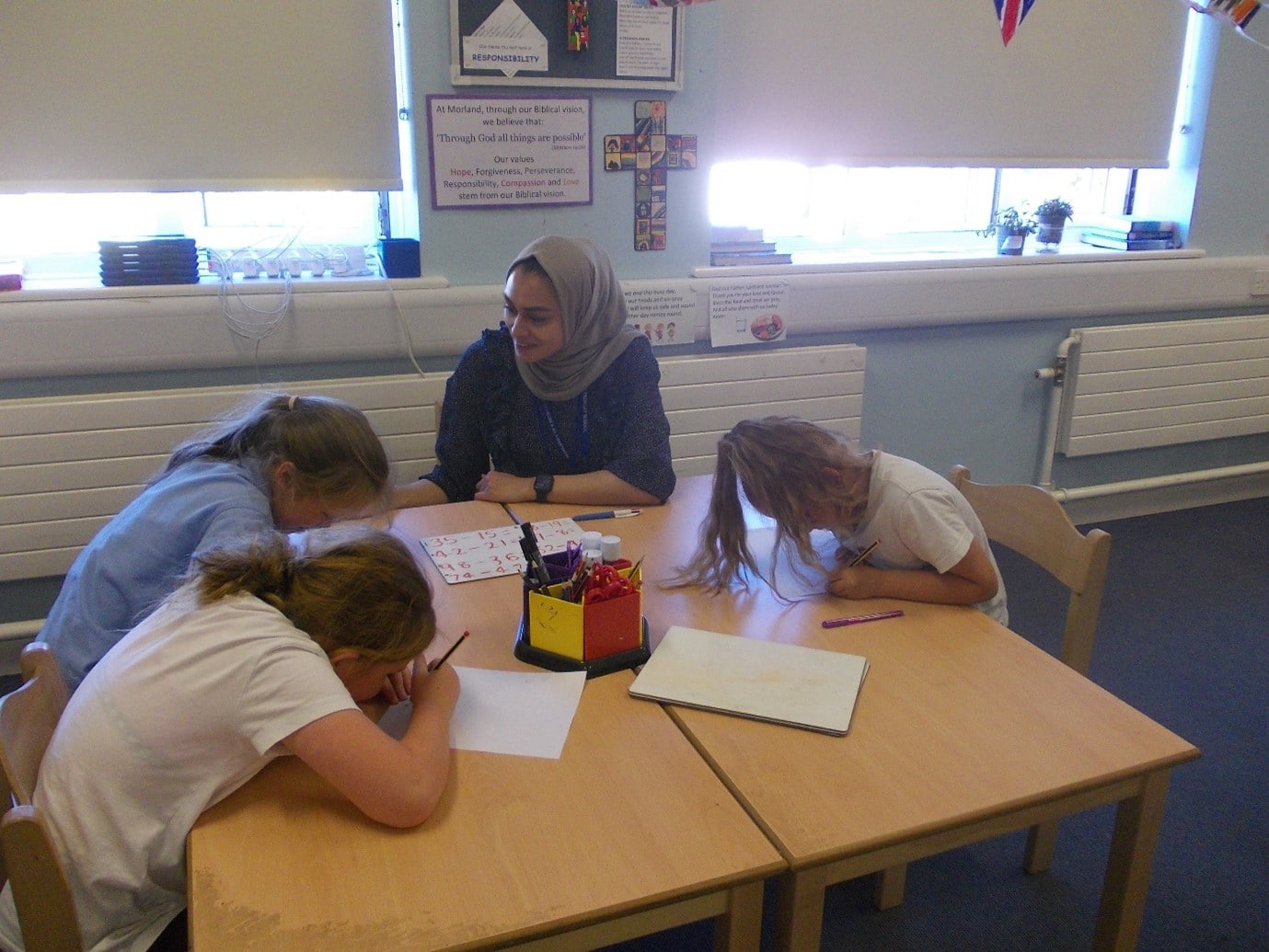What happened and what was the impact?
Schools and colleges identified their learning behaviour lead (LBL) in Spring 2021. Funding allowed 25 LBLs to be released on Thursdays each week to receive training together and work collaboratively on this inclusion project.
From September 2021 LBLs were trained by the local Research School in the EEF Learning Behaviour framework, which covers their guidance on:
- Metacognition and self regulated learning
- Improving behaviour
- Improving social and emotional learning
- Working with parents to support children’s learning
- Special Educational Needs in mainstream schools
LBLs also received training from the local authority on inclusive approaches, and on the EEF implementation guidance. Schools with an LBL were asked to give their lead a place at the leadership table so that they could bring their perspectives and learning from the network to strategic discussions.
At the end of the Autumn term LBLs were supported to create an Inclusion Action Plan that focused on the needs of the 15-30 most vulnerable children and young people in their school. They were encouraged to engage with community organisations that could work in partnership with the school to meet engagement and support needs. On submission of their plan LBLs accessed a £5000 grant to support activity and resource costs.
In the Summer terms LBLs were supported to create and deliver a strategy to share learning with staff across their school or college.
How did you measure success?
Teachers and LBLs were surveyed during and at the end of the programme. By July 2022 83% of schools said that they would continue the LBL role into the next year, just over a third of which are able to maintain dedicated contact time. 89% of Headteachers with an LBL said that the role had had a positive impact on their school.
LBLs were asked to report on their confidence levels in identifying and supporting needs in the 5 Learning Behaviour pillars. Against a baseline in September 2021, and a repeat in December 2021, by the end of this term LBLs’ average confidence levels are steadily increasing, with the most significant increase in practitioner confidence in identifying needs in working with parents and supporting parents in their child’s learning, and in supporting children in metacognition.
23% of interventions implemented through the action plans are through an external provider. 30% of LBLs felt that that they had a broad range of voluntary sector organisations that were helping them to meet the needs of their pupils, and 40% told us that their work as an LBL had enabled them to broaden this range, using providers they had not previously worked with.
90% of LBLs thought that their inclusion action plan would have an impact on outcomes for those children targeted in the plan. Nearly all (95%) felt that the £5000 grant was key to securing those outcomes alongside their action plan. 81% of LBLs thought their role and training would have an impact on outcomes for children across their school or college as well as those targeted in their plans.


If you've got any thoughts and ideas of how this approach could be improved or an positive impact it's had for you, add them below
Login or register now to post any comments